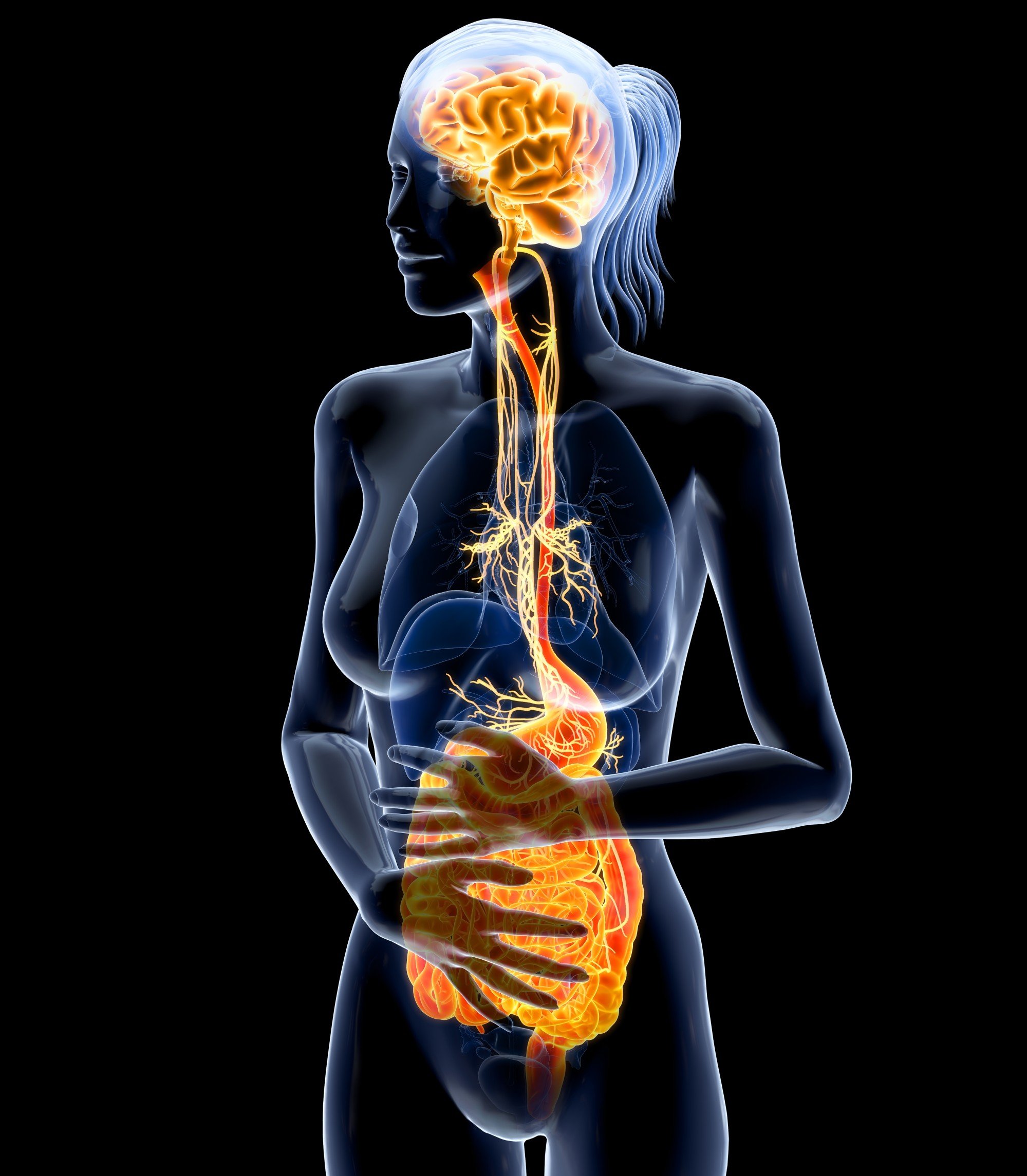
Explainer | Hunger vs appetite: what’s the difference? How understanding this can help manage your desire to eat
- Despite both being driven by hormones, appetite and hunger are different, and determined by need vs want. There’s a good way to differentiate between them
- A balanced diet with the right nutrients satisfies our appetite, a nutritionist says. We share five ways to increase your appetite and five ways to control it
While unwell recently, my appetite abandoned me, which is unusual for a person like me whose appetite is normally begging for attention. I was interested to monitor its return – over a week or so – and it raised the questions: what is appetite, what drives it and what kills it?
While you need an appetite to inspire hunger, appetite and hunger are different. Hunger is physiological: our brain signals the need for fuel and our body exhibits the signs that we are hungry – a rumbling tummy, or feeling faint from lack of food.
Both hunger and appetite are driven by hormones. Leptin, made by fat cells, lowers appetite; ghrelin, produced in the gut – and nicknamed the hunger hormone for this reason – increases it.

When you eat, the levels of fat in your body rise and so your leptin levels rise, too. Leptin is called the satiety hormone, as it is the messenger that sends signals to your brain that you are full. Leptin levels also rise as the amount of body fat a person has increases.
Eating spinach: the health benefits, how to prepare it, who should avoid it
One might imagine that this would help to put the brakes on appetite given that leptin is an appetite suppressor.
However, very high levels of leptin can trigger leptin resistance – just as a high-sugar diet can trigger insulin resistance – meaning that, even though there is a lot of leptin in a person’s system, their brain is not responding to it as it should.
If we have a balanced diet with enough macro and micronutrients, we feel satisfied and our appetite is balanced
Ghrelin does the opposite – it stimulates appetite.
After eating, it is suggested you wait 20 minutes to see if you still feel like having a second helping. It takes time for the levels of ghrelin – and for the message that you are full – to register in your brain.
If you eat too fast – and most of us do – and finish your plate in under 10 minutes, your brain will not have time to get the message, and you may eat much more than you need to and feel overfull.

The key to appetite and hunger management is balance, says Hong Kong-based nutritionist Sandra Carvajal.
“When we follow a balanced lifestyle, one that grants a healthy weight, the appetite response functions naturally. When we have physical, emotional or environmental factors that tip that balance, then appetite can be compromised, and we might feel either extreme hunger, or a total lack of appetite,” she says.
Sometimes illness kills appetite, and therefore hunger. If you are unwell, chances are some of your bodily systems are not working as well as they should, and that can include your digestive system. The brain senses that and turns appetite off to give your digestive system time to heal.

To differentiate between hunger and appetite, think about eating something that is very healthy that you might not normally enjoy very much.
How large glucose level dips make you hungry and spoil your diet
If you are compelled to eat that particular thing anyway, you are probably genuinely hungry. If this isn’t the case, but you would happily reach for a bag of potato chips or a chocolate biscuit, that is probably your appetite kicking in.
Five ways to increase your appetite
-
Eat small meals often. If your appetite is poor, big meals will be overwhelming. Tempt it with tinier portions more frequently.
-
Eat breakfast. Research shows that missing breakfast means your daily calorie count falls, which might cause a drop in appetite.
-
Make mealtimes an occasion to look forward to. Focus on the food – not your phone or the television, but what is on your plate. Eat in company – something proven to be good for our appetite.
-
In the short term, cut down on fibre. High-fibre foods are filling and leave us feeling full for longer. If you want to increase your appetite, you need to feel hungry. But remember, short term only; fibre is a vital part of a healthy diet.
-
Limit beverages while eating. Studies have shown that drinking water just before or during a meal curbs appetite.

Five ways to manage your appetite
-
Eat fibre-rich foods: you will feel full for longer. One study found that eating fibre-rich beans and peas could increase feelings of satiety by 31 per cent.
-
Add protein to your diet. One study found that overweight adults who ate eggs instead of cereal for breakfast felt satisfied for longer, and tests showed lower levels of hunger hormones.
-
Drink water. We often interpret thirst as hunger.
-
Eat slowly. Your hunger hormones need time to catch up with your stomach. Eating fast usually leads to consuming more calories.
-
Use a smaller plate. Seriously. Use a big dinner plate and your portion will look small. Use a smaller one and psychologically you will feel more satisfied, scientific research suggests.

